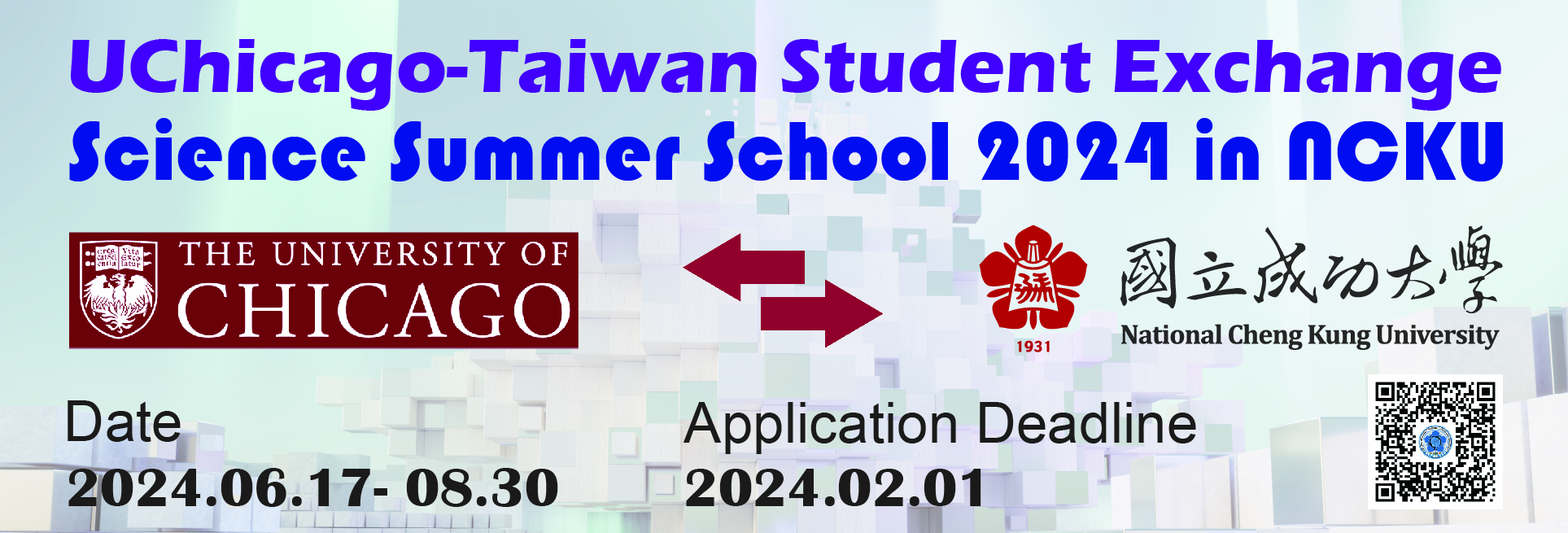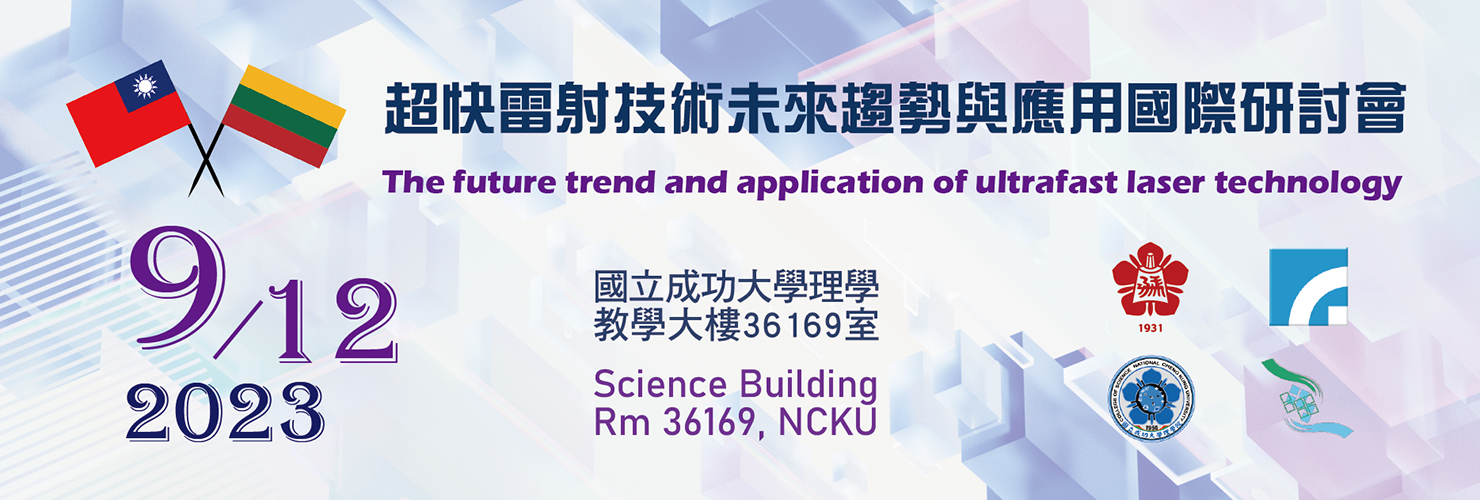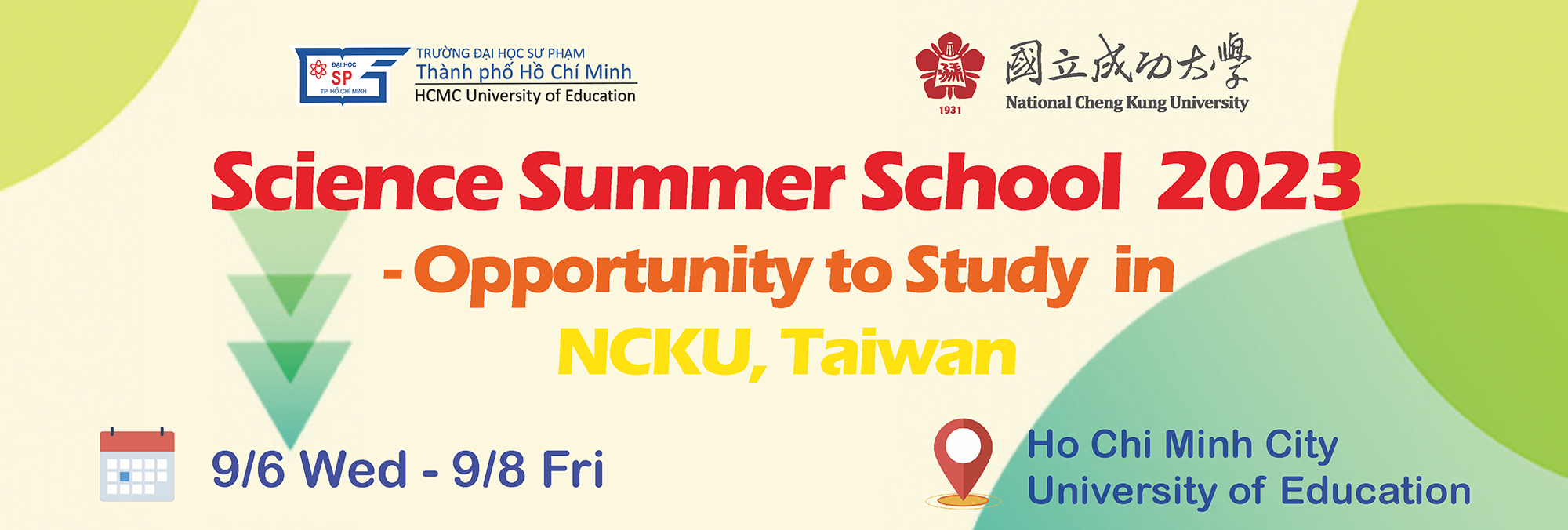Fundamental Education
The fundamental education in College of Science is focused on two parts. The first is to support the courses of mathematics and fundamental natural sciences for university, especially for the subjects like calculus, general physics, and general chemistry. The second is to provide sufficient courses for each departments. The curriculum program is improved year by year mainly for the demand of science and technology talents in Industry and in Academics as well as for the trend of international mathematics and natural science development.
In 2017, the Science Education Center was established in College of Science. The academics and reasearch resources are gathered among faculty from college and university to actively promote the fundamental science education and to develop student-oriented curriculum in the fundamental science and provide the general courses of experiemental science for non-subjective studnets.The integrated experiemental field, shared learning space or maker space are planned to establish and expand in the College in order to stimulate interdisciplinary team cooperation, to promote the participation of senior undergraduates in research projects, and to increase the amount of outstanding studnets for continously pursuing higher education after college. In addition, the Science Education Center is expected to be a role as a teacher training center for scientific exploration and implementation as well as a platform for the development and promotion of scientific and quality education for high school students to strength the connections with local.
In response to the government's innovative teaching and higher education programs(Higher Education Sprout Project), the College of Science launched a new, interdisciplinary, deepening and intensive "modular course" in August 2017. The modular course is designed with 1-1.5 credits (18-36 hours) per course in a week. Students can wrap up the core concepts and techniques of the professional course and take away easily. This goal-oriented interdisciplinary module course keep improving through the evaluation of the performance. In 2017, the College of Science initially implemented seven basic modular courses based on the four basic natural sciences fields - mathematics, physics, chemistry, and biology, as well as six experimental module courses focused on experimental techniques and instruments. In 2018, more than 40 modular courses have been opened in the natural sciences and other related fields, such as Colleges of Liberal Arts, Life Sciences, Engineering, and Management and Centers for Instrument and Micro/Nano Science and Technology. The lecturers are not only from university faculty but also from off-campus professors and specialists in Industry. The modular course have attracted many students from other colleges in NCKU and also from many other universities (even overseas studnents). The number of students taken the courses has remarkably reached the scale of one college in 2018 summer.
Related links




